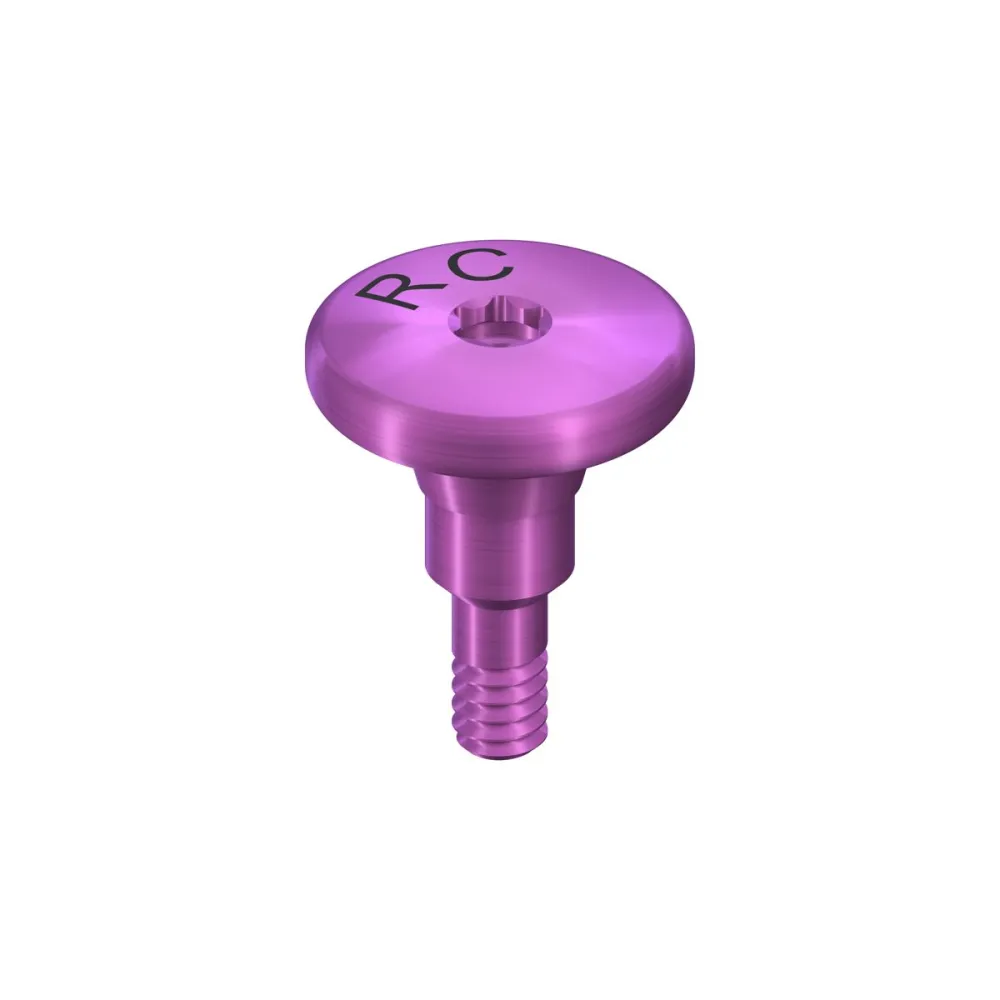Innovations in Implant Dentistry: Straumann's Approach to Healing Abutments
Table of contents:
How Straumann's RC Healing Abutments Address Common Clinical Challenges
The Role of Healing Abutments in Achieving Predictable Aesthetic Outcomes
Integrating Digital Workflows with Straumann Implant Healing Abutments
Exploring the Cost-Effectiveness of High-Quality Healing Abutments in Practice
How Straumann's RC Healing Abutments Address Common Clinical Challenges
Straumann's RC healing abutments are engineered to overcome several challenges faced by implant dentists. The conical shape of these dental healing abutments promotes optimal soft tissue formation, reducing the risk of complications during the healing phase. Available in multiple heights (2mm, 4mm, and 6mm), these abutments accommodate various tissue thicknesses and case types, providing versatility in clinical applications. The wide 6.5mm diameter platform offers ample space for managing emergence profiles, a critical factor in achieving aesthetically pleasing results. Additionally, the biocompatible titanium construction ensures excellent tissue response, minimizing the risk of adverse reactions and promoting long-term implant success.
The Role of Healing Abutments in Achieving Predictable Aesthetic Outcomes
The importance of dental healing abutments in achieving predictable aesthetic outcomes cannot be overstated. Straumann's RC healing abutments are designed to guide soft tissue healing in a way that closely mimics natural tooth emergence. This careful shaping of the gingival architecture during the healing phase sets the stage for seamless integration of the final restoration. By using these precisely engineered healing abutments, clinicians can more effectively manage the critical junction between the implant and the soft tissue, known as the emergence profile. This attention to detail in the healing phase translates to more natural-looking and aesthetically pleasing final restorations, ultimately leading to higher patient satisfaction.
Integrating Digital Workflows with Straumann Implant Healing Abutments
In today's digital age, the integration of advanced technologies with traditional dental procedures is becoming increasingly important. Straumann's dental healing abutments are designed to seamlessly fit into modern digital workflows. Their compatibility with Straumann RC platforms and instrumentation allows for efficient surgical and restorative processes. This integration extends to digital impression techniques, where the precisely shaped emergence profile created by the healing abutment can be accurately captured. By incorporating these dental healing abutments into digital workflows, clinicians can enhance treatment planning, improve communication with dental laboratories, and ultimately deliver more precise and predictable outcomes for their patients.
Exploring the Cost-Effectiveness of High-Quality Healing Abutments in Practice
While the initial cost of high-quality dental healing abutments may seem higher, their long-term value in clinical practice is significant. Straumann's RC healing abutments, with their optimized fit and durable titanium construction, offer reliability that can reduce the need for additional interventions or replacements. The ease of placement and removal of these abutments contributes to more efficient chairside procedures, saving valuable clinical time. Moreover, the superior soft tissue management provided by these healing abutments can lead to better overall treatment outcomes, potentially reducing the need for corrective procedures down the line. When considering the total cost of implant therapy, investing in quality components like Straumann's healing abutments can prove to be a cost-effective choice for both practitioners and patients.
Straumann's innovative approach to dental healing abutments represents a significant advancement in implant dentistry. These carefully designed components address critical aspects of soft tissue management, aesthetic outcomes, and clinical efficiency. By incorporating these high-quality healing abutments into their practice, implant dentists can enhance their ability to deliver predictable, aesthetically pleasing results. As the field continues to evolve, the role of well-engineered healing abutments in achieving successful implant outcomes is likely to become even more pronounced. Practitioners who embrace these innovations position themselves at the forefront of implant dentistry, ready to meet the growing demands for high-quality, long-lasting dental implant restorations.


Comments
Post a Comment